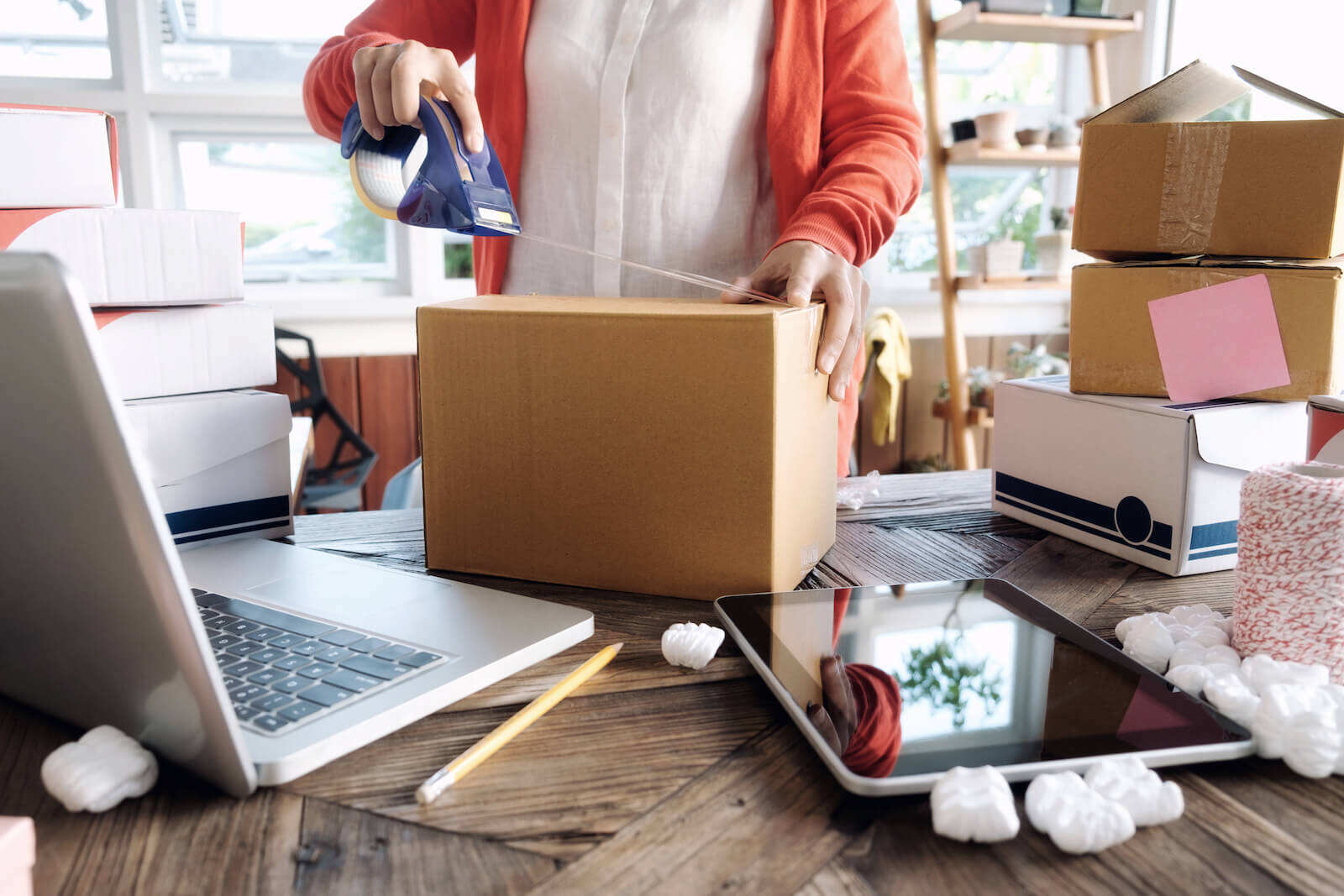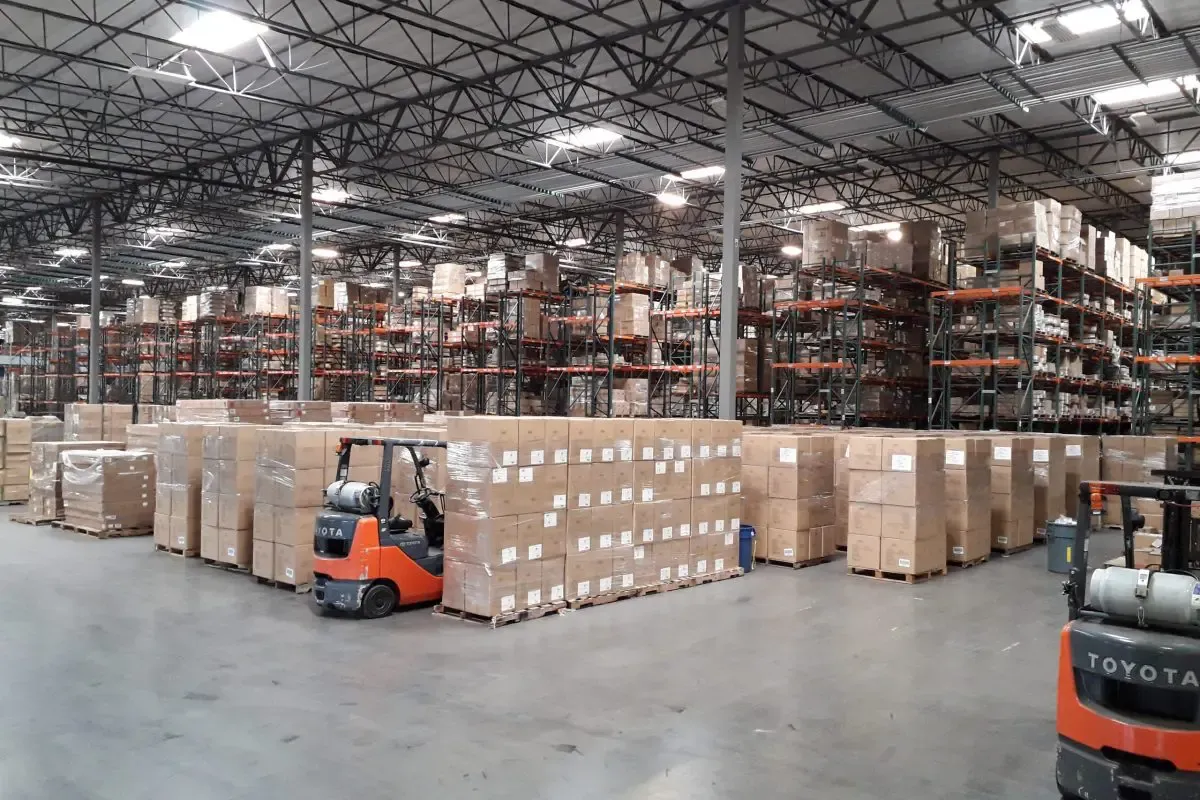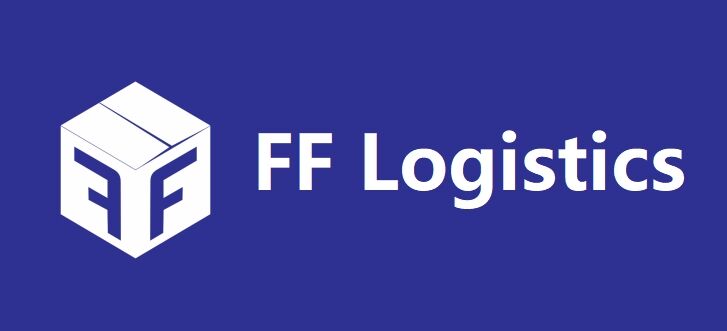4 benifits for cooperating with a reliable 3PL?
Introduction
In the complex world of supply chain management, Third-Party Logistics (3PL) providers are indispensable partners for businesses who are looking to tighten up their logistics performance. An experienced 3PL can bring lot of benefits: reduced costs, better customer service for starters. This article will look at four of these key merits that come from teaming up with 3PL. They are saving costs, improving operations efficiency, opening up room for growth, and providing a better level of customer service.Content: china is the new golden shopping city, more and more manufacturers have their eyes on this big market and set up their factories or printing plants here
Benefit 1: Cost Savings
One of the most compelling reasons to engage a 3PL is the large potential for significant cost savings.
- Reduction in Capital Expenditure: Outsourcing logistics permits providers of goods to avoid the enormous costs involved in establishing and sustaining warehouses; buying fleet vehicles of their own; or purchasing advanced material handling equipment. This redirects company capital to the more strategic areas such as product development, marketing and so on.
- Lower Operational Expenses: Due to their sheer scale of operations 3PLs can often negotiate better transport rates and buy targeted materials in bulk. The result is lower operations costs for clients like Zara. This is a real treat. Case Studies or Examples: Companies like Zara have successfully leveraged 3PL partnerships to reduce inventory holding costs and improve cash flow, leading to significant financial benefits.
Benefit 2: Operational Efficiency
A reliable third-party logistics service (3PL) can make a big improvement in your company's operational efficiency.
- 3PLs Streamlined logistics processes: 3PLs have deep experience in how to manage supply chains, for example with the best practices that eliminate a company's "bottlenecking" problems. As its name suggests, these systems in some ways smooth out the complexity of life the logistics process.
- Technological Innovation: Many 3PLs provide cutting-edge invention platforms for management, inventory control. By leveraging a company's existing IT infrastructure, these systems can be integrated to deliver real-time visibility and order over the supply chain.
- Focus on Core Competencies: By outsourcing operations unrelated to its main competency to a 3PL, a company can concentrate on what it does best, for example innovation of products and services. Overall performance will be improved in this way whether you are business or a non-profit organization.
Benefit 3: Scalability
Rapidly scaling sophisticated operations to meet tomorrow's challenges is one key feature that sets 3PL apart as an indispensable longterm partner.
- Flexibility to Adjust to Commercial Change: As businesses expand or market conditions change, the services which a 3PL provides can be expanded to satisfy a wider client base without costly capital investment.
- Rapid Response to Market Opportunities: When new opportunities arise, such as entering a new market or launching a new product line, outsourcing logistical functions allows the entire system to be tailored quickly and cost-effectively to support these new initiatives. VC is help.
- Examples of Scalability in Action: X E-commerce companies, such as Shopify, have cooperated with 3PLs to manage the rapidly growing wave of online orders. This ensures that the companies can fill every order placed instantaneously by consumers, without getting slowed down by logistical challenges.
Benefit 4: Enhancing Customer Service
A Reliable Third Party Logistics indispensible
A reliable 3PL can be decisive in improving the quality of operation of customer service.
Order Accuracy in operational performance of Logistic Product Supply Solutions Group order processing centers
Greater order accuracy and faster delivery times: 3PLs specialize in efficient order processing and shipment consolidation, all of which can mean faster delivery times and fewer order errors for the end consumer–increasing customer satisfaction levels.
Always Tailor-Made Services For All Kinds of Consumer Requirements
Customized Services to Meet Specific Customer Needs: 3PLs can offer a range of value-added services, such as product kitting, assembly or personalization. The help businesses to meet unique customer requirements by working with partners who provide targeted expertise or premium services that add financial value–and differentiate themselves in the market.
Better Management of Returns and Customer After-sales Support
Effective management of returns and after-sales service is key to retaining customer loyalty. 3PLs can ensure efficient returns processing and support services, delivering a positive customer experience even when products need to be returned or serviced.
Challenges and Points to Note
While the benefits are legion, there are also various challenges and points that we need to consider.
Selecting What Sorts of 3PL Can Best Help Your Company
Choosing a 3PL is a significant decision that requires careful evaluation of potential partners. It's important to take into account factors such as the 3PL's expertise, technology, scalability, and cultural fit with your business: can they work in partnership as though one were part of the other's on-staff employees? Selecting that one special company can make all difference in world-and when you hit it lucky, life as good as e ` normal.
Integration and Communication
Making sure that the 3PL's systems are connected harmoniously with your company's operations is essential to smooth collaboration. It's helpful if channels of clear communication and service level agreements (SLAs) can be established in an agreement right from the start - this will be key to managing both expectations and eventual performance.
Carrying the Technology Systems load: Service Providers and Customers Collaboration
Transferring to a 3PL is a big challenge because it means stability in operations must be guaranteed, even as the effects are kept to a minimum. This will necessitate detailed planning and preparations for emergency support, as well as a phased approach to introduction and so on.
Conclusion
In conclusion, we can see that businesses stand to gain greatly from partnering with an honest 3PL provider, both reducing costs and raising operational efficiency and with it, customer churns, providing high levels of scalability and further pigments. However, to do this effectively, it is necessary to go through an expedited period involving tight handovers with constant cooperation and troubleshooting issues quickly. In this way companies can maximize the expertise and resources provided by 3PLs to shore up their own supply chains, make them more flexible, and bring them even more subtly interwoven with production facilities. As the business landscape evolves further, third party logistics providers will only become increasingly important as strategic partners for future success in an ever more competitive world of commerce.









